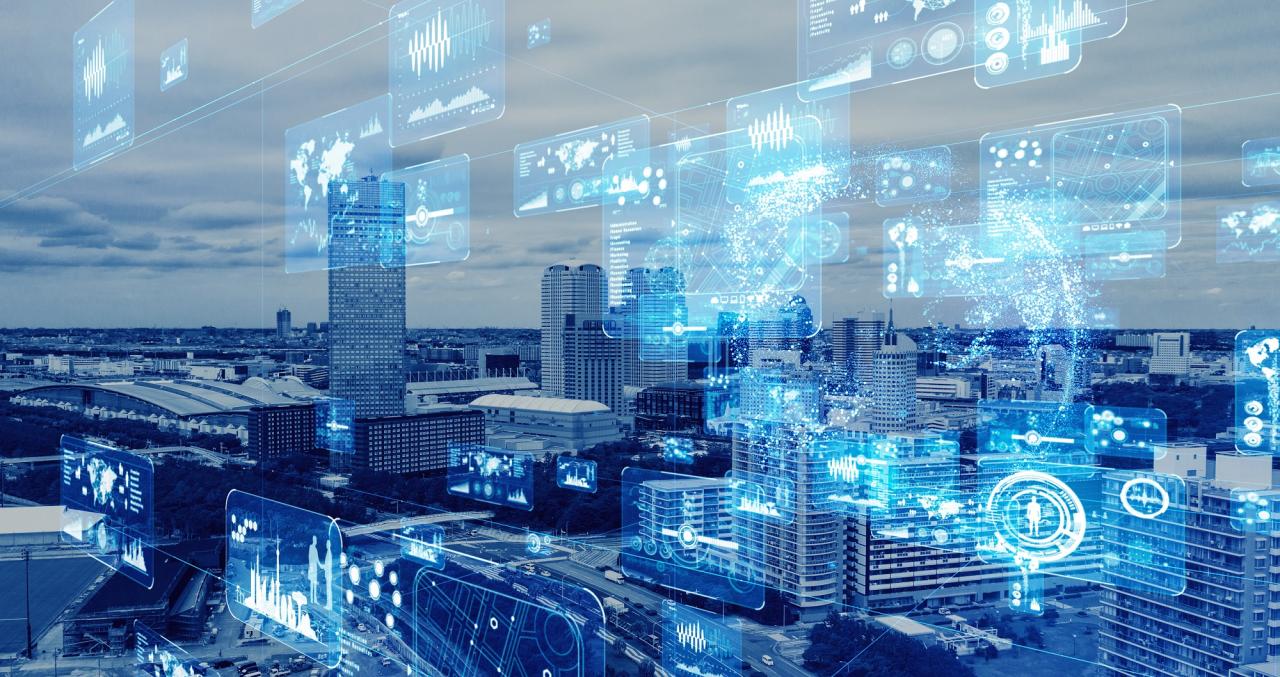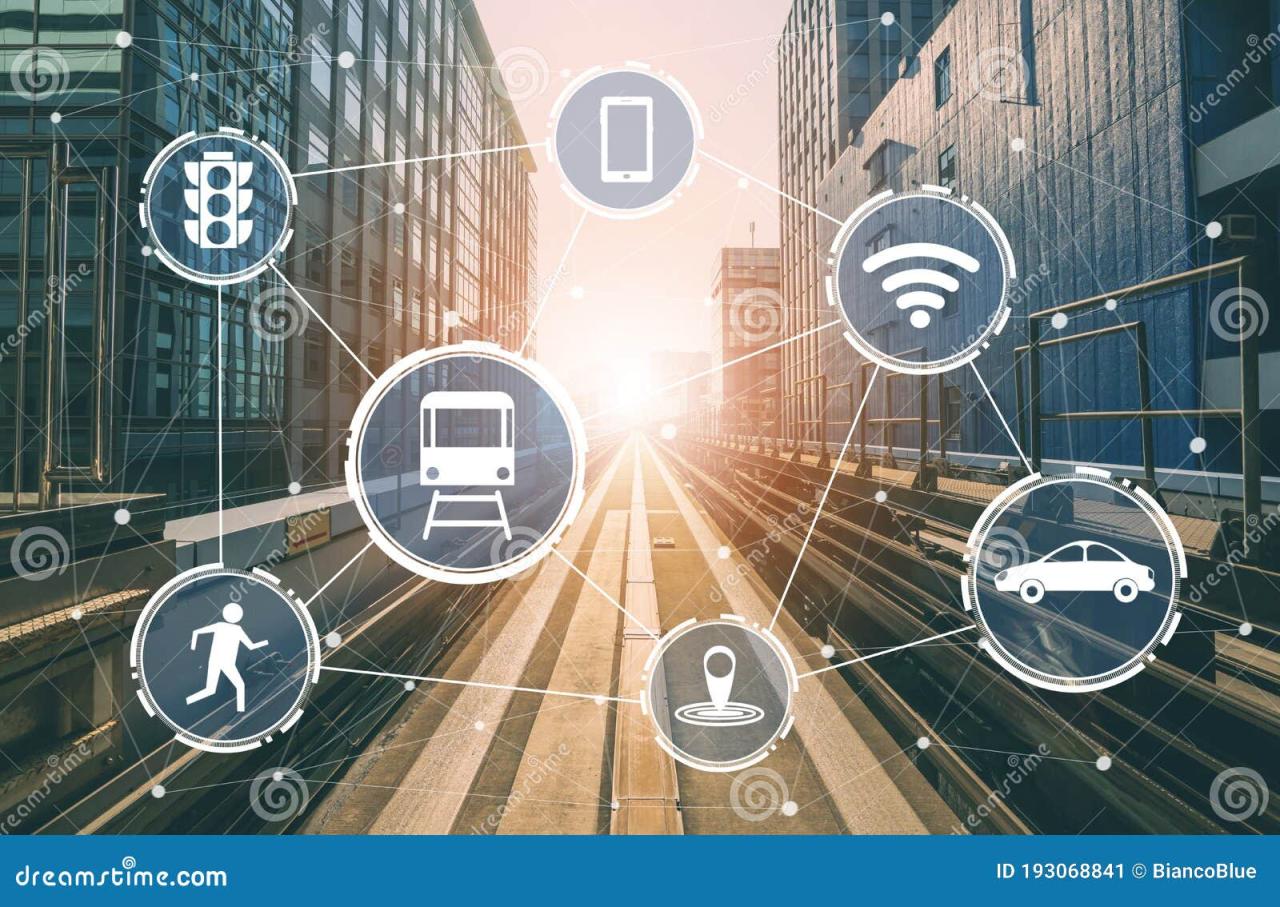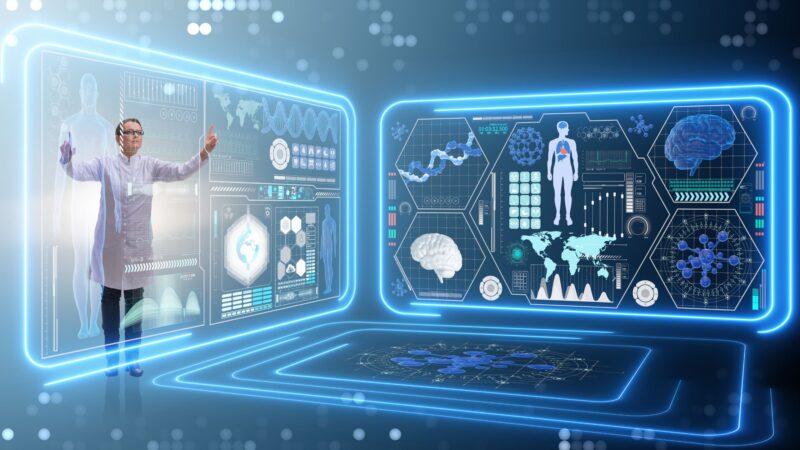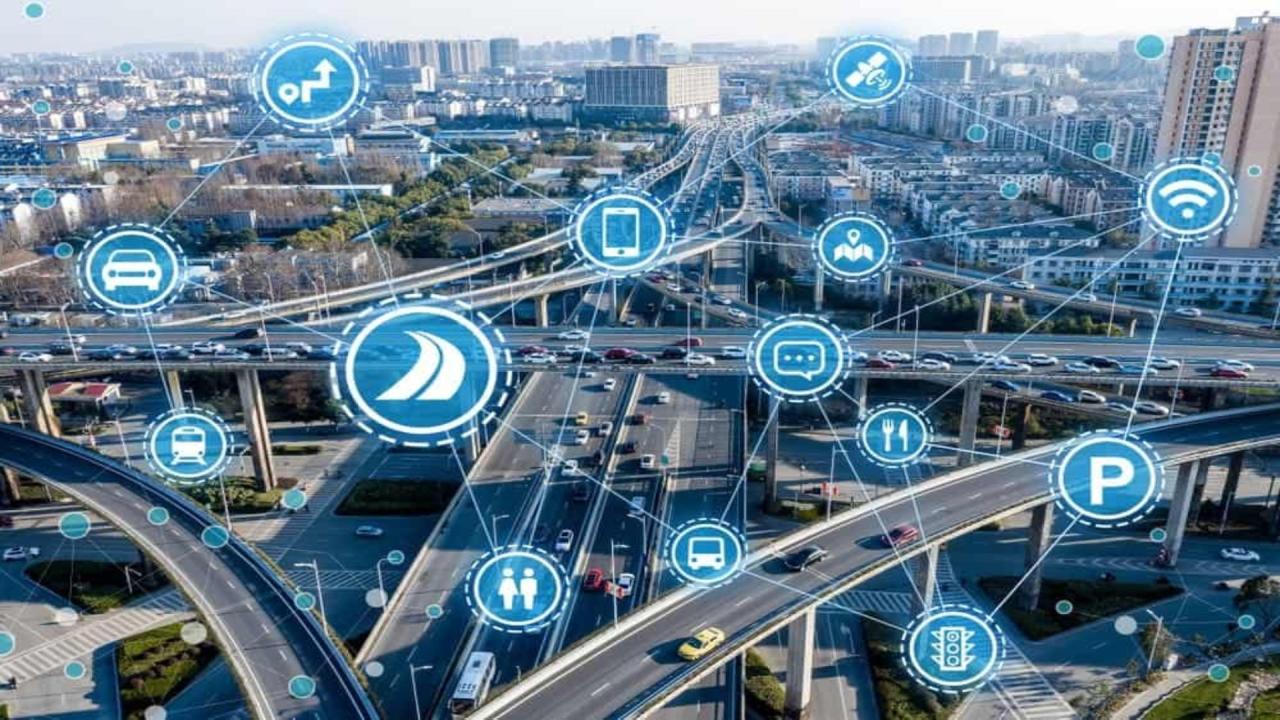Smart office solutions revolutionize traditional work environments, blending technology and innovation to enhance productivity and efficiency. Dive into a realm where cutting-edge tools and sustainability converge to shape the future of workspaces.
Definition of Smart Office Solutions
Smart office solutions refer to the integration of technology and innovative tools to optimize productivity, efficiency, and overall operations within a work environment. These solutions are designed to streamline processes, enhance communication, and create a more seamless and connected workplace.
Key Components of Smart Office Solutions
- Internet of Things (IoT) devices: These devices, such as smart sensors and connected appliances, enable automation and data collection for improved decision-making.
- Cloud computing: Cloud-based services allow for remote access to data, applications, and resources, facilitating collaboration and flexibility.
- Artificial Intelligence (AI): AI-powered tools can analyze data, provide insights, and automate tasks, boosting efficiency and productivity.
- Unified communication platforms: Integration of communication channels like voice, video, and messaging for seamless collaboration and connectivity.
- Data analytics: Utilizing data to gain valuable insights, optimize processes, and make data-driven decisions for continuous improvement.
Benefits of Implementing Smart Office Solutions
- Increased productivity: Automation of routine tasks and streamlined processes lead to higher efficiency and productivity levels among employees.
- Enhanced communication: Seamless communication channels and collaboration tools improve teamwork and decision-making within the organization.
- Cost savings: Optimization of resources, energy efficiency, and reduced operational costs contribute to overall savings for the company.
- Improved employee satisfaction: Modern technologies and tools create a more engaging and dynamic work environment, boosting employee morale and retention.
- Competitive advantage: Embracing smart office solutions can give a company a competitive edge in the market, attracting top talent and enhancing brand reputation.
IoT Integration in Smart Offices
Internet of Things (IoT) technology plays a crucial role in the integration of smart office solutions, revolutionizing the way workplaces operate and boosting efficiency and productivity.
Examples of IoT Devices in Smart Offices
- Sensor-based lighting systems that adjust brightness based on natural light levels and occupancy.
- Smart thermostats that regulate temperature settings for optimal comfort and energy efficiency.
- Connected security cameras and access control systems for enhanced safety and monitoring.
- IoT-enabled printers and copiers that track usage and maintenance needs in real-time.
Impact of IoT Integration on Workplace Efficiency
IoT integration in smart offices leads to streamlined processes, data-driven decision-making, and enhanced connectivity among devices. This results in improved operational efficiency, cost savings, and a more agile and responsive work environment.
Automation and Control Systems
Automation and control systems play a crucial role in the functionality and efficiency of smart office solutions. These systems are designed to streamline processes, enhance productivity, and improve overall user experience within the office environment.
Role of Automation in Smart Office Solutions
Automation in smart offices involves the use of technology to perform repetitive tasks automatically, thereby reducing the need for manual intervention. This includes automated lighting, climate control, security systems, and more. By automating these tasks, employees can focus on more strategic and creative work, leading to increased productivity and job satisfaction.
Contribution of Control Systems in Managing Smart Offices
Control systems are essential in managing various aspects of a smart office, such as monitoring and regulating energy usage, optimizing space utilization, and ensuring a comfortable working environment. These systems enable centralized control and monitoring, allowing for quick adjustments and efficient management of resources.
Comparison of Automation and Control Systems in Smart Offices
In smart offices, there are different automation and control systems available, each with its own set of features and capabilities. Some common systems include Building Management Systems (BMS), Internet of Things (IoT) platforms, and smart sensors. While BMS focuses on overall building operations, IoT platforms enable seamless integration of various devices and systems. Smart sensors, on the other hand, provide real-time data for efficient decision-making and resource management.
Energy Efficiency and Sustainability
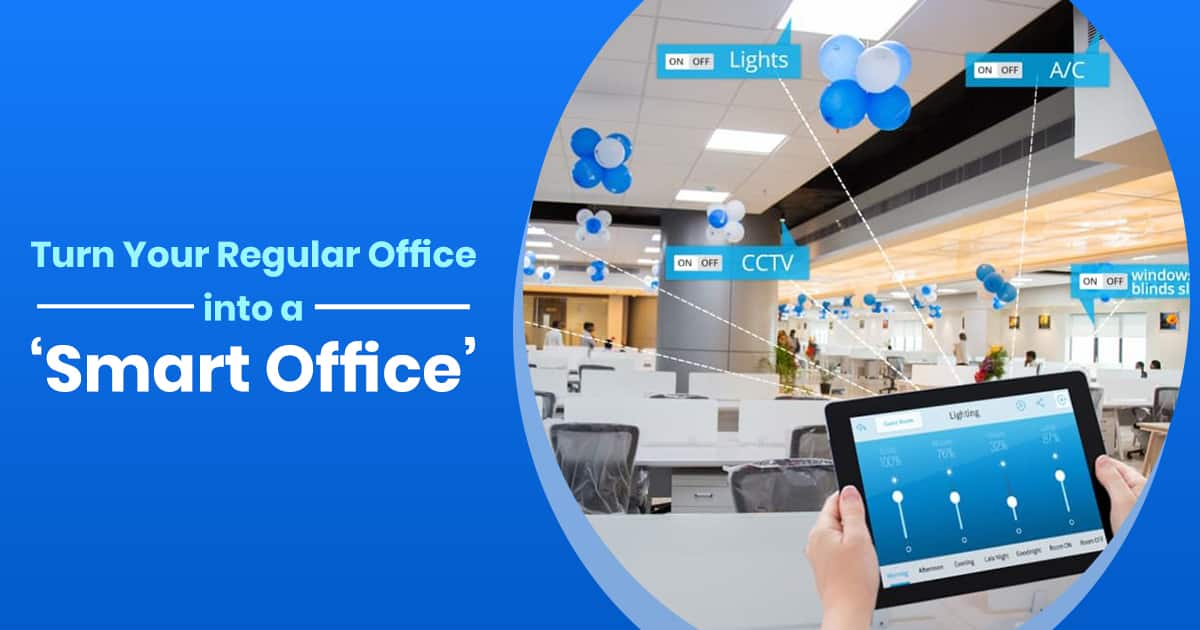
Smart office solutions play a crucial role in promoting energy efficiency and sustainability in the workplace. By integrating innovative technologies and automation systems, companies can reduce their energy consumption, lower their carbon footprint, and create a more sustainable environment for their employees.
Energy-Saving Technologies in Smart Offices
One example of energy-saving technology implemented in smart offices is smart lighting systems. These systems use sensors to adjust lighting levels based on occupancy and natural light, reducing energy waste.
Another example is smart HVAC systems, which optimize temperature settings and airflow based on real-time data, leading to significant energy savings while maintaining a comfortable work environment.
Additionally, smart power management systems can automatically shut down electronic devices when not in use, further reducing energy consumption in the office.
Environmental Benefits of Sustainable Practices
Adopting sustainable practices in the workplace not only reduces energy costs but also has a positive impact on the environment. By minimizing energy waste and utilizing renewable energy sources, smart offices contribute to a greener and more sustainable future.
Furthermore, reducing energy consumption helps lower greenhouse gas emissions, combat climate change, and preserve natural resources for future generations.
Security and Data Privacy Measures
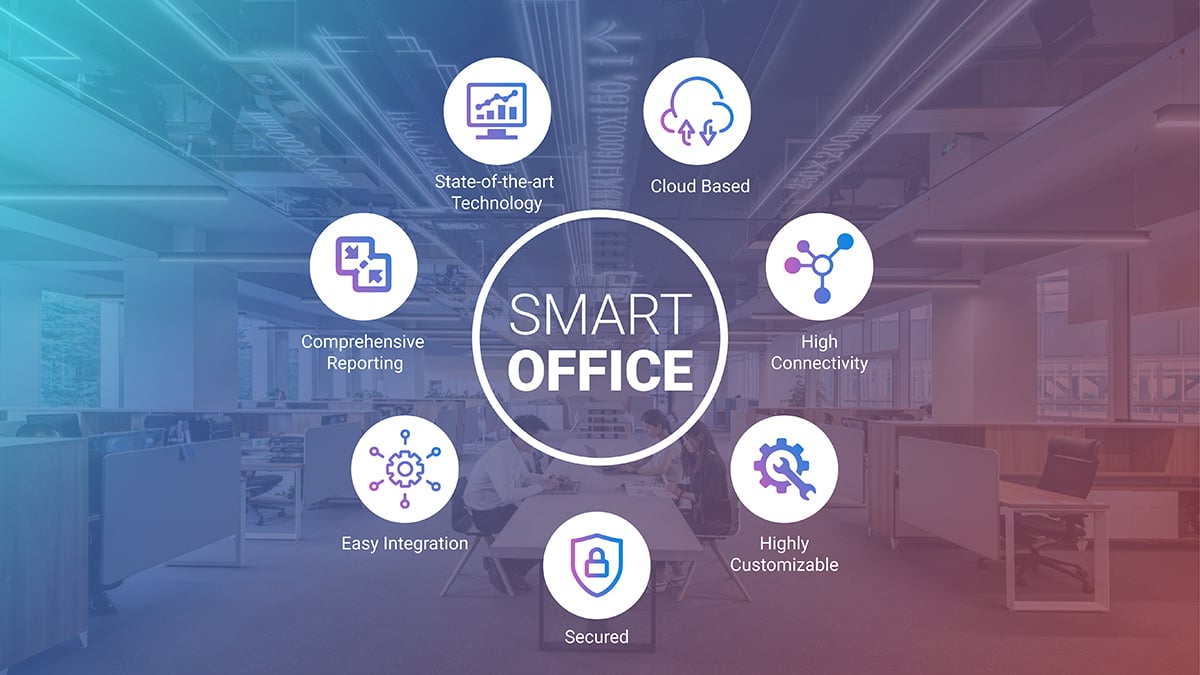
In a smart office environment, security and data privacy are paramount to ensure the protection of sensitive information and prevent unauthorized access to confidential data.
Integrated Security Features
- Biometric access control systems: Utilizing fingerprints or facial recognition to restrict entry to certain areas.
- Encrypted communication channels: Ensuring that data transmitted within the office network is secure and protected from interception.
- Real-time monitoring: Constant surveillance of the office space through CCTV cameras and sensors to detect any security breaches.
- Firewall protection: Implementing robust firewalls to prevent cyber-attacks and unauthorized access to the network.
Importance of Data Privacy, Smart office solutions
Maintaining data privacy in smart offices is crucial to safeguard sensitive information such as employee records, financial data, and confidential business strategies. Failure to uphold data privacy can result in severe consequences, including legal liabilities, reputational damage, and financial losses.
Safeguarding Sensitive Information
- Role-based access control: Assigning specific permissions to individuals based on their roles and responsibilities within the organization.
- Data encryption: Encoding data to make it unintelligible to unauthorized users, ensuring that even if intercepted, the information remains secure.
- Regular security audits: Conducting routine assessments to identify and address potential vulnerabilities in the security system.
- Employee training: Educating staff on security best practices and protocols to enhance awareness and prevent security breaches.
Essential FAQs
How do smart office solutions promote energy efficiency?
Smart office solutions utilize energy-saving technologies and automation to reduce energy consumption and promote sustainability.
What are some examples of IoT devices commonly used in smart offices?
IoT devices like smart sensors, connected lighting systems, and smart thermostats are commonly used in smart offices to enhance efficiency.
Why is data privacy important in the context of smart offices?
Data privacy is crucial in smart offices to protect sensitive information and maintain the security of the workplace environment.


